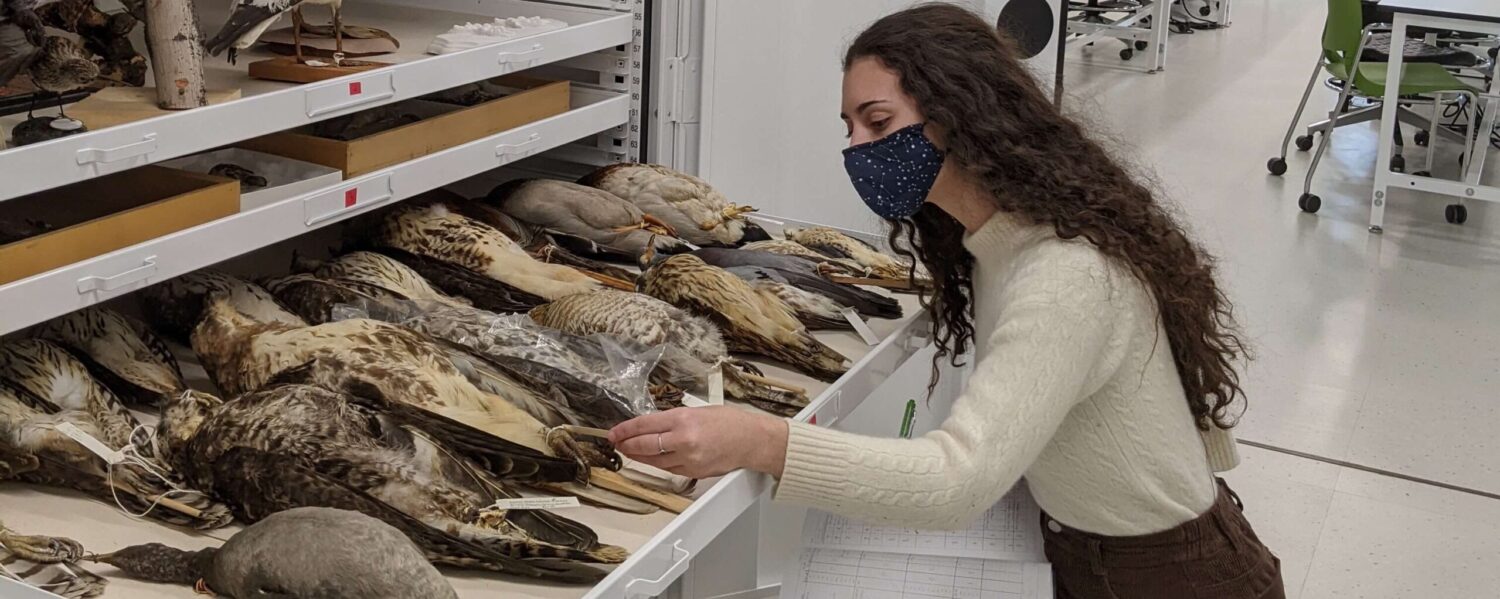According to a new NSF-funded study published in the journal mBio, a lack of clarity on the exact origins of the COVID-19 pandemic has exposed a glaring weakness in the current approach to pandemic monitoring and response.
The paper, entitled Preserve a Voucher Specimen! The Critical Need for Integrating Natural History Collections in Infectious Disease Studies, notes that in most recent studies of zoonotic pathogens, physical specimens of suspected wildlife hosts were not preserved. The practice of collecting and preserving specimens believed to harbor infectious diseases, called host vouchering, can be useful in determining a pathogen’s origin.
Vouchered specimens should be considered the gold standard in host-pathogen studies and a key part of pandemic preparedness,†said Cody Thompson, co-lead author on the study and mammal collections manager at the University of Michigan Museum of Zoology. But host vouchering has effectively been nonexistent in most recent zoonotic pathogen studies, and the lack of this essential information has limited our ability to respond to the current COVID-19 pandemic.
The authors urge researchers who conduct host-pathogen studies to adopt vouchering practices and to collaborate with natural history museums to permanently archive host specimens, along with tissue and microbiological samples.

